Somalia
At least eight people were killed on Tuesday in clashes outside parliament in the semi-autonomous northern Somali state of Puntland between local security forces and armed militiamen loyal to the opposition, police and witnesses said.
The violent clashes in the state capital, Garowe, occurred during a parliamentary session to debate amendments to the local constitution, which the opposition sees as an attempt by the President of Puntland to extend his term of office.
"Eight people were killed in the clashes and around ten others were injured, including civilians", said Abdiweli Hassan, a police officer in Garowe.
The clashes broke out when armed men loyal to opposition members clashed with security forces protecting parliament and tried to disrupt the session, he said, assuring that calm had now returned.
Somali Prime Minister Hamza Abdi Barre called on both parties to settle their differences through dialogue "rather than arms".
One witness, Mohamed Nur Ali, said he had seen six bodies. "The clashes were very intense, and both sides used heavy machine guns," he added.
Another witness, Nimo Adan, said she was caught in the firefight and saw several people killed.
In May, Puntland held local elections, the first direct elections in Somalia for more than half a century, outside the breakaway region of Somaliland.
The opposition accused the President of Puntland State, Said Abdullahi Deni, of manipulating the electoral process and seeking to amend the Constitution to allow him to extend his term of office, which ends in January 2024.
An arid, oil-rich region in north-east Somalia, Puntland declared its autonomy in 1998 and relations with the central government in Mogadishu have often been strained.
Somalia has not held a national election by direct universal suffrage since 1969, when the dictator Siad Barré took power in this country in the Horn of Africa.
At the end of May, Somalia announced the signing of an agreement between the government and the federated states providing for the introduction of direct universal suffrage from 2024 and the transition to a presidential system.
The agreement is intended to put into practice the often repeated but never implemented promise of "one person, one vote" from the local elections scheduled for 30 June 2024.
Up until now, elections have been held according to a complex indirect process based on the clans that structure Somali society.
But opposition figures have denounced the overhaul of the political system, rejecting the new electoral timetable which provides for elections to the parliaments and presidencies of the federated states on 30 November 2024, which would mean a de facto extension of the terms of office of some presidents, including Said Abdullahi Deni, due to expire before that date.



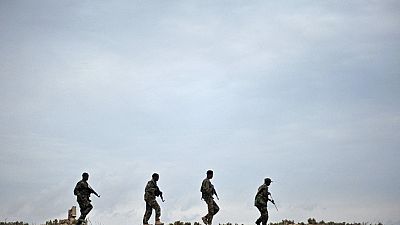

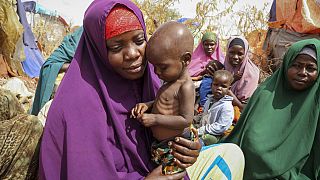
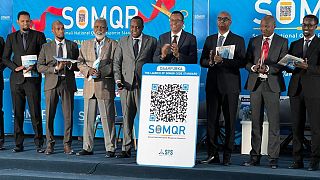
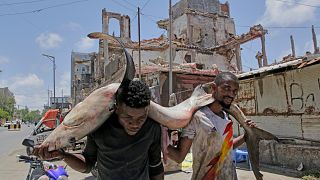
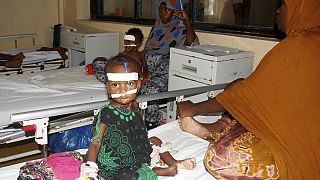
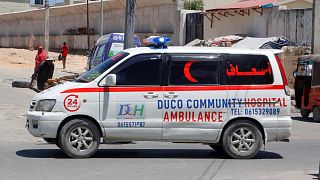



00:52
Nigeria’s Peter Obi to contest 2027 election, opposition coalition in jeopardy
01:00
Detained Chadian opposition leader Succes Masra begins hunger strike
Go to video
CAR officials issue statement claiming president is not seriously ill
01:09
Ivory Coast president set to announce whether he will seek a fourth term
01:09
Cameroon’s civil society calls on voters to sanction Biya in upcoming elections
Go to video
Funeral standoff halts repatriation of former Zambian president's body